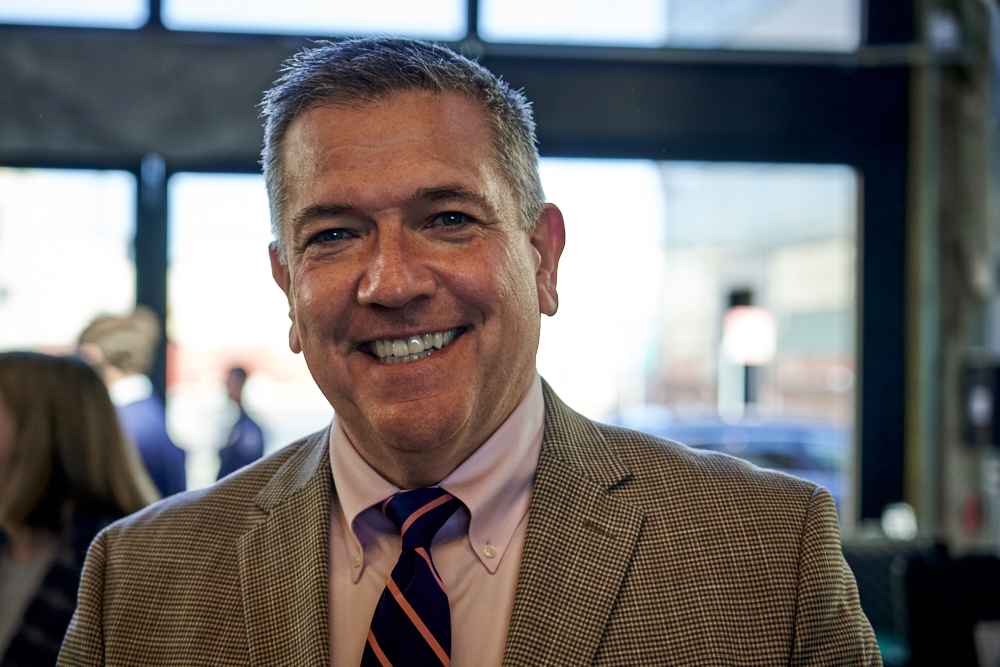Sups. Rafael Mandelman and Matt Dorsey are continuing to move toward an agenda that elevates abstinence over “Housing First” to address homelessness in San Francisco.
The latest move: Replace Jennifer Friedenbach, the architect of Prop. C, with Billy Lemon, who runs the Castro Country Club, which provides a sober community space for mostly LGBTQ people, on the Prop. C Oversight Committee.
It’s unlikely that Prop. C, which has brought in $1 billion in taxes on big business to help house people living on the streets, would ever have existed without Friedenbach. There is no indication that she has been anything but a huge asset to the committee; in fact, former Sup. abnd homeless services director Bevan Dufty told the supes he might resign from the committee if Friedenbach were replaced.

And yet, that’s what happened at the full board today. Lemon was appointed to that seat by an 8-2 vote.
Dorsey has made clear that he wants to limit new city money to affordable housing projects unless they mandate sobriety. That’s in direct opposition to the housing-first approach that has been considered the state of the art in building and operating supportive housing at the local, state, and (until recently) federal level.
“Housing First” starts with the assumption that people with substance use issues are unlikely to get sober if they are living on the streets, and that the most important step is to get them indoors in a stable situation.
Most people who seek treatment for substance use issues fail in their first efforts at sobriety. For some, it takes multiple tries. Dorsey, who has made no secret of his recovery issues, was one of them: During the pandemic, while working for the SFPD, he relapsed and started taking drugs again.
But he had a good job, stable housing he could afford, and a support network that helped him get sober again. People who have been living on the streets generally lack all of those things, and Housing First advocates say evicting someone who relapses will only make their situation worse.
At the board meeting today, Dorsey took another step toward undermining the city’s limits on police surveillance. He announced he is asking 41 city departments that are covered by the ordinance limiting electronic spying and data gathering to report how much money they are spending complying with the law.
The original ordinance, by former Sup. Aaron Peskin, doesn’t stop city agencies from using surveillance technology, but it mandates that they report to the supes every two years and explain what they are doing.
Dorsey called that “labyrinthine” and “a burden.”
Part of the process here is making public what data is collected and saved. When the Trump Administration is trying to compile electronic dossiers on everyone in the country, to use for repression of dissent, it seems like the wrong time to be stepping away from these limits.





